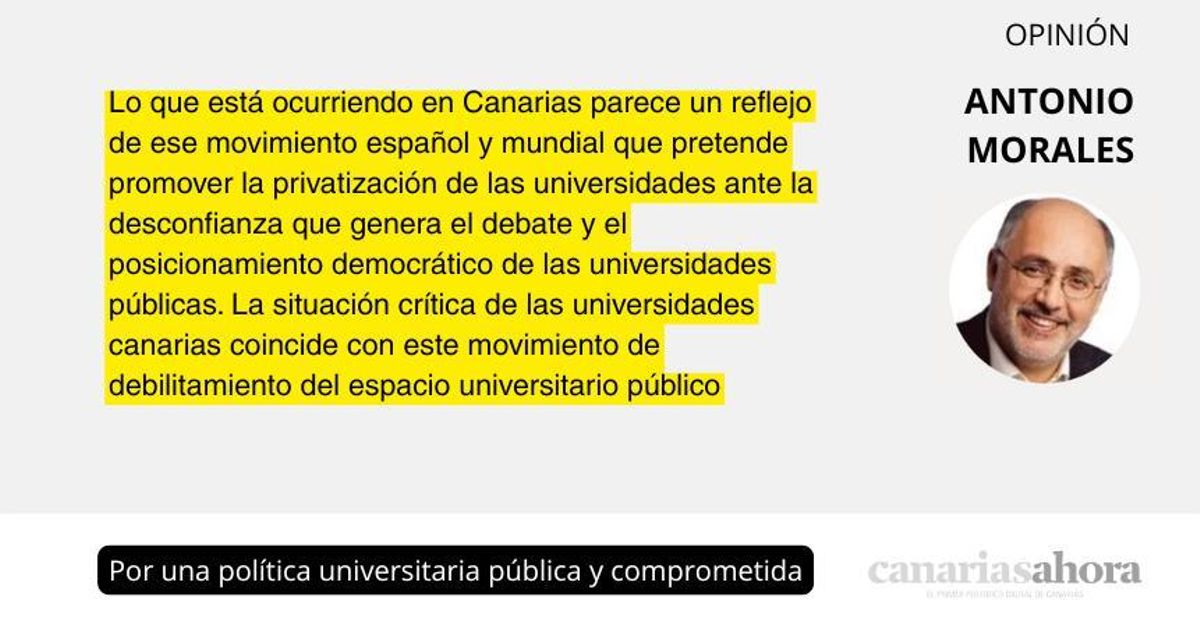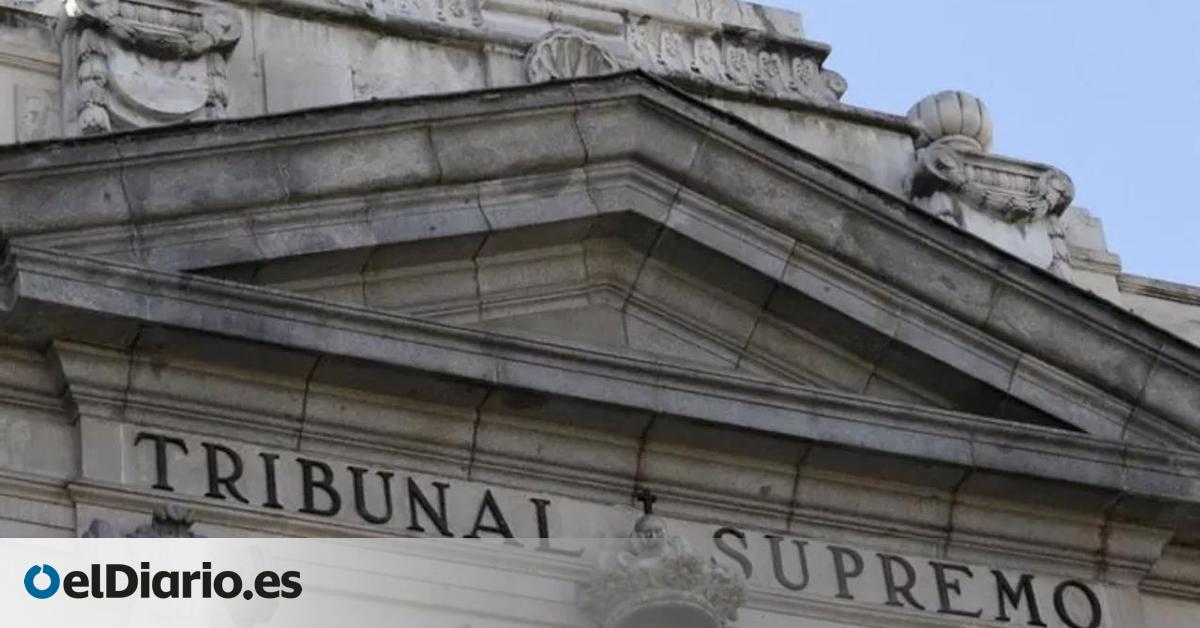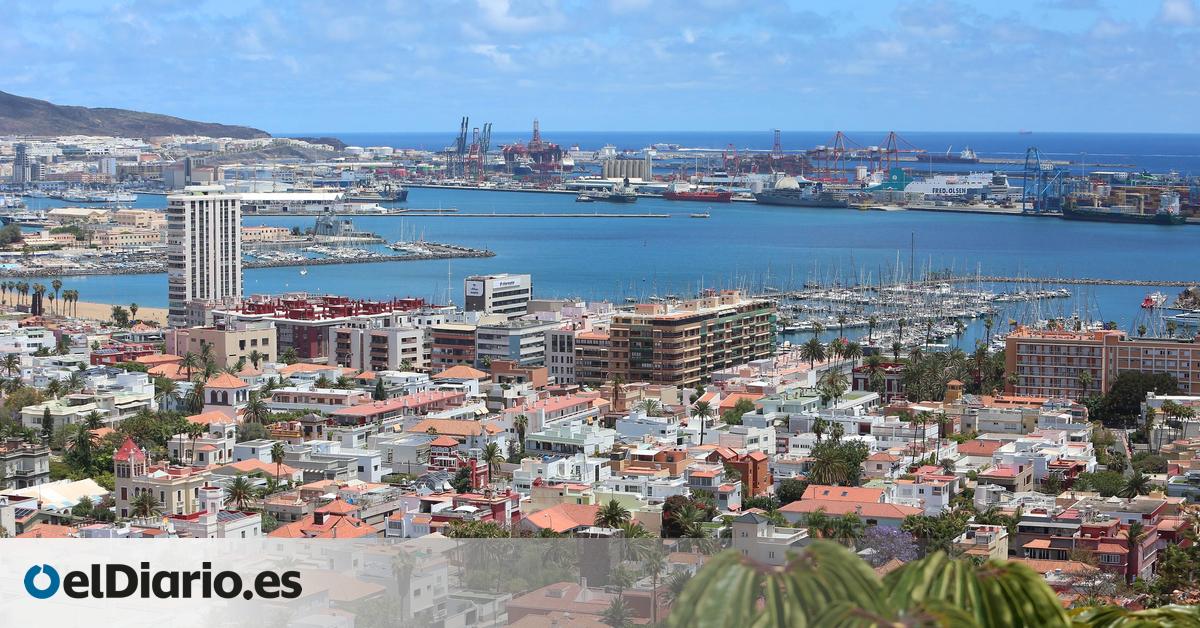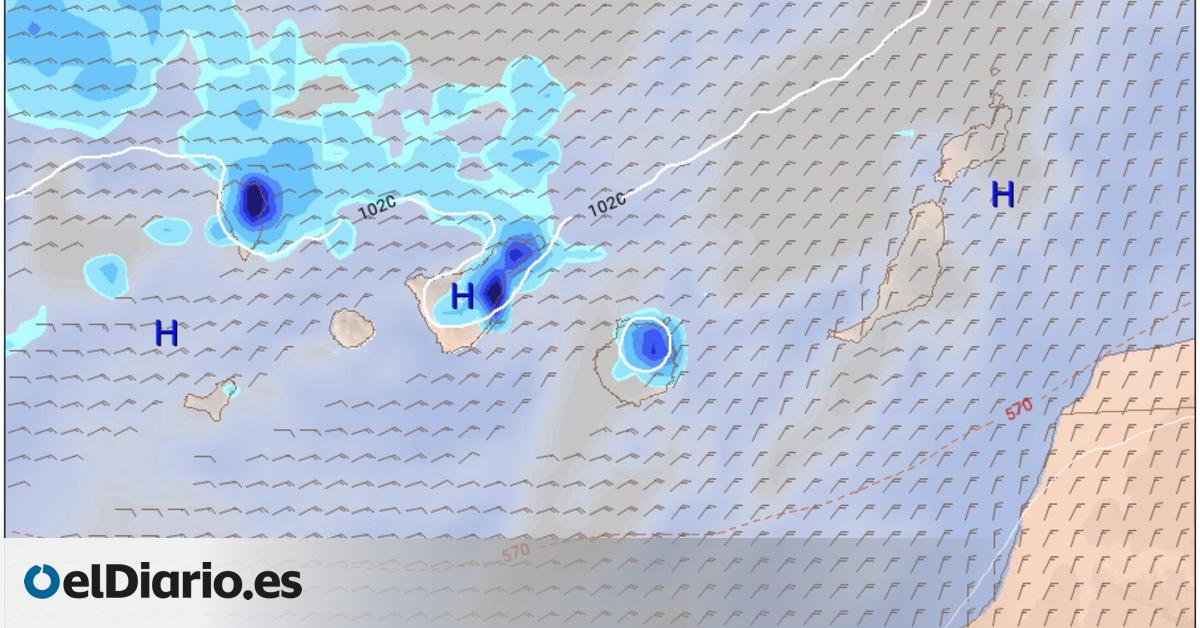Critical Moment for Universities in the Canary Islands
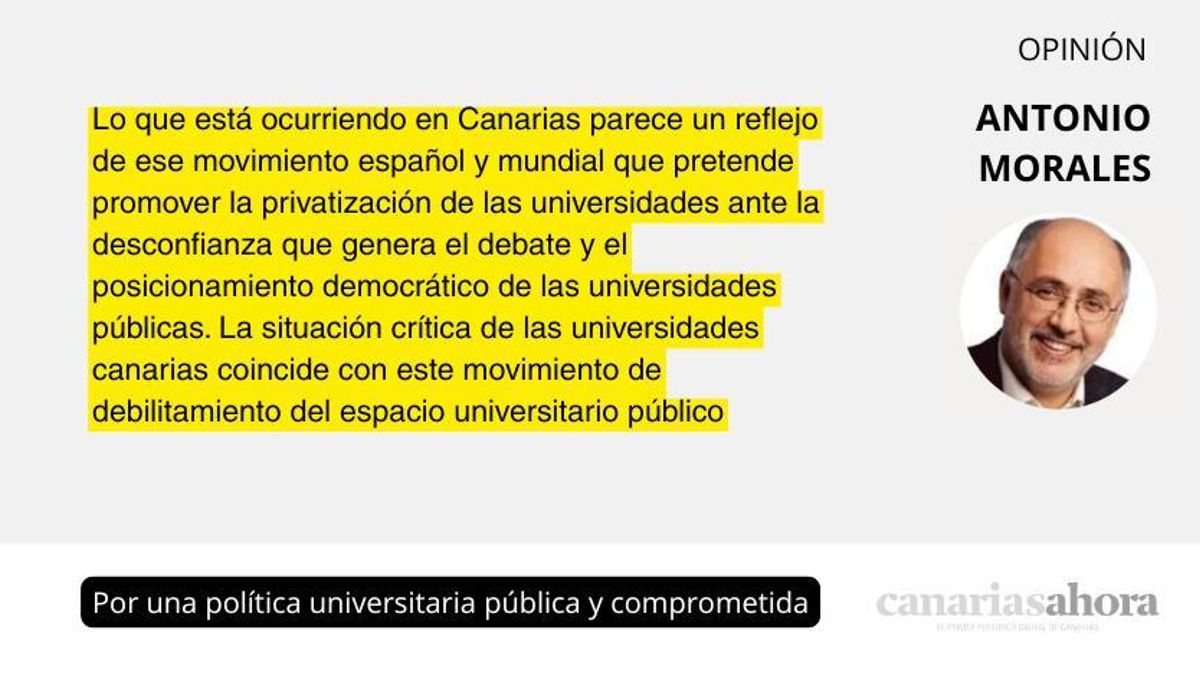
What is happening in the Canary Islands appears to reflect a broader Spanish and global movement aimed at promoting the privatisation of universities, sparked by the distrust surrounding the democratic dialogue and positioning of public institutions. The critical situation of universities in the Canary Islands coincides with this trend to undermine public higher education.
A New Academic Year Approaches
We are on the brink of a new university year. On Wednesday, 17th, the institutional ceremony for the start of the academic year 2025-2026 will take place at the Aula Magna of the University of Las Palmas de Gran Canaria. I am uncertain whether this will be a mere ceremonial event, featuring significant representation from Gran Canarian society, while glossing over the concerning deficits of public universities in the region.
Concerns for the ULPGC
I am deeply worried about the situation at the ULPGC and, in fact, the plight of all public universities in the Canary Islands. This marks the third article in which I analyse the precarious moment they are facing. The critical deficiencies they endure necessitate that I use the start of the academic year as an opportunity to reiterate, with even greater emphasis than before, my calls for a change in direction from educational authorities regarding their treatment of the ULPGC and the ULL. The Government of the Canary Islands must respond with sensitivity and determination to these issues, which can no longer be allowed to persist.
A Call to Civil Society
I also wish to make a call to civil society, which fought tirelessly for a public university in Gran Canaria, believing it to be pivotal to the social and economic development of the island — indeed, of each of the islands. This includes the University Foundation, the Social Council, as well as faculty, students, and administration personnel. We all share this responsibility.
Government Responsibility
Our Autonomous Community is responsible for university matters. A few months ago, in conjunction with the requests of the rectors of the Universities of Las Palmas de Gran Canaria and La Laguna and their governing teams, I called on three occasions for a significant increase in regional funding and for a dialogue to agree on new laws regarding research and science currently being discussed in the Canary Islands Parliament. We must avoid a further rift similar to that which arose from the social councils law. Unfortunately, nothing has changed since that appeal. A photograph from last Thursday showing the two rectors, in amiable company with Fernando Clavijo, receiving one million euros from the Government of the Canary Islands for various studies does not detract from this reality.
Underinvestment in Education
We cannot remain at the bottom of the list of Spanish universities in terms of per-student investment, which is significantly below the recommendations of all national and international scientific bodies. We cannot accept that the universities of Gran Canaria and Tenerife lack a mid-term economic framework. For public universities in the Canary Islands to meet the demands in teaching, research, and infrastructure that the current moment necessitates, it is imperative that higher education becomes a priority for our government’s policies. This is a crucial decision for securing our future; otherwise, we will lament these shortcomings for decades. Remaining outside the major research and innovation circuits will condemn the Canary Islands to a state of permanent dependency.
Technological Changes and Economic Demands
Technological changes, the complexity of research programmes, social and business demands, and competitiveness in public university offerings have long necessitated greater funding than what our universities currently receive. This investment gap is accumulating and poses a significant barrier, distancing us from the levels of excellence that the Canary Islands need to face the challenges of globalisation and sustainable socioeconomic development. I have the impression that the government, along with influential sectors of our society, are unaware of the impact that quality teaching and research have on shaping a progressive, innovative, and socially cohesive Canary Islands.
Necessity for Higher Education
Our geographical situation, the excessively tourism-dependent economic model, the sociocultural lag we experienced during the dictatorship, and our limited natural resources demand that we decisively invest in talent, training our people, research, and innovation. The tool to achieve these objectives and maintain our presence in the international arena is higher education. This need was recognised by our entire society when they took to the streets to demand a fully-fledged university for Gran Canaria. We have made significant progress, and we cannot let this momentum falter now.
Priority Areas for Universities
The blue economy, biotechnology, renewable energies, health sciences, tourism, and the care economy are areas where Canary Islands universities are leading and have the track record and accumulated capital to be a focal point for attraction and globally contribute to scientific progress. I urge the Government of the Canary Islands to respond responsibly to the call from public universities, which I too endorse as president of the Cabildo de Gran Canaria.
Facing Historical Challenges
Canary Islands universities are currently experiencing one of the worst moments in their history, just as they are poised to deliver their best results thanks to established teams and tried-and-true programmes with proven success. Unfortunately, I must acknowledge that this troubling situation among public universities is not unique to the Canary Islands. Budget cuts and financial reforms are occurring in many Spanish communities, indeed in many European countries governed by conservative administrations, aiming to weaken public higher education systems. This coincides with significant challenges to academic freedom and research in universities, driven by neoliberal policies spearheaded by Donald Trump in the United States, and echoed by Isabel Díaz Ayuso in Madrid. In Macron’s France, an observatory has been established to monitor “ideological drift” within academia.
A Global Strategy
I want to highlight that these economic cutbacks are not isolated decisions or the result of temporary budgetary constraints, as we are not currently experiencing a budget contraction. Rather, they form part of a global strategy to control, limit, and weaken public universities.
The approach is similar everywhere: university autonomy is undermined by limiting resources and reducing public funding, private institutions with greater economic and operational capacity are favoured, and social councils are controlled through overlapping bodies or additional responsibilities to steer their activities and facilitate external political or economic control. Additionally, faculty and student morale is undermined through various actions.
Without shame, these policies seek to undermine the prestige of science, academic freedom, and critical thinking, which fundamentally emerge in university environments where debate, social mobilisation, and freedom of creation are hallmarks. We have several examples confirming these observations. The pressure exerted by the Trump administration on prestigious American universities like Harvard, Columbia, or Brown due to their denunciations of the genocide committed by Israel, their position on climate change, or immigration is scandalous and inconceivable in a democratic society. In France, Le Pen and Macron argue that public universities promote “radical multiculturalism.” In Spain, the PP and Vox denounce universities as centres of ideological indoctrination.
Impact of Globalisation
Globalisation is facilitating the spread of a conservative wave across societies, pushing for policies to be imitated and copied. In seeking excuses for this weakening, campaigns to discredit or undermine progressive academic figures or programmes that generate distrust and confusion among the less informed population are being activated. We are witnessing a synchronised global action whereby conservative economic and political sectors strive to advance and influence spaces of thought, science, and academia in a sectarian manner. Simultaneously, student protests and advocacy actions are criminalised, labelling them as radical simply for democratically dissenting from conservative political stances.
What is happening in the Canary Islands seems to mirror this Spanish and global movement promoting the privatisation of universities amid the distrust surrounding the democratic dialogue and positioning of public institutions. The critical situation of Canary Islands universities aligns with this movement aimed at undermining the public higher education space. The conservative parties supporting the current government of the Canary Islands are uninterested in addressing this urgent and just demand, yet the consequences for our society extend beyond democratic debate, becoming a national issue concerning the survival of our Canary Islands society and the guarantee of equal opportunities.
In a society where inequality ratios remain severe and income levels are limited, the survival of public universities that ensure access to education for everyone is a crucial matter for those of us aspiring to a cohesive society, one in which our young people can remain and thrive with rights and quality of life.
Once again, the time has come to defend the public universities we so desperately need. The opening of the new academic year presents an excellent opportunity for reflection on this matter. I extend my full support, as president of the Cabildo of Gran Canaria, to the association currently advocating for the two public universities in the Canary Islands, backed by nearly forty-five thousand people, in defending their interests and the interests of Canary Islands citizens.


